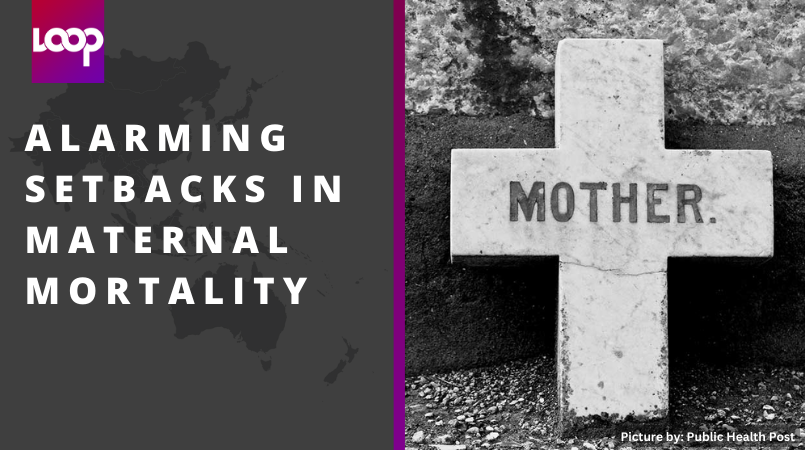
New data shows major setbacks for maternal health in many parts of the world, highlighting stark disparities in healthcare access
Every two minutes, a woman dies during pregnancy or childbirth, according to the latest estimates released in a report by United Nations agencies today. This report, Trends in maternal mortality, reveals alarming setbacks for women’s health over recent years, as maternal deaths either increased or stagnated in nearly all regions of the world.
“While pregnancy should be a time of immense hope and a positive experience for all women, it is tragically still a shockingly dangerous experience for millions around the world who lack access to high quality, respectful health care,” said Dr Tedros Adhanom Ghebreyesus, Director-General of the World Health Organization (WHO).
“These new statistics reveal the urgent need to ensure every woman and girl has access to critical health services before, during and after childbirth, and that they can fully exercise their reproductive rights.”
The report, which tracks maternal deaths nationally, regionally and globally from 2000 to 2020, shows there were an estimated 287 000 maternal deaths worldwide in 2020. This marks only a slight decrease from 309 000 in 2016 when the Sustainable Development Goals (SDGs) came into effect. While the report presents some significant progress in reducing maternal deaths between 2000 and 2015, gains largely stalled, or in some cases even reversed, after 2015.
In two of the eight UN regions – Europe and Northern America, and Latin America and the Caribbean – the maternal mortality rate increased from 2016 to 2020, by 17% and 15% respectively. Elsewhere, the rate stagnated.
The report notes, however, that progress is possible. For example, two regions – Australia and New Zealand, and Central and Southern Asia – experienced significant declines (by 35% and 16% respectively) in their maternal mortality rates during the same period, as did 31 countries across the world.
“For millions of families, the miracle of childbirth is marred by the tragedy of maternal deaths,” said UNICEF Executive Director Catherine Russell.
“No mother should have to fear for her life while bringing a baby into the world, especially when the knowledge and tools to treat common complications exist. Equity in healthcare gives every mother, no matter who they are or where they are, a fair chance at a safe delivery and a healthy future with their family.”
In total numbers, maternal deaths continue to be largely concentrated in the poorest parts of the world and in countries affected by conflict. In 2020, about 70% of all maternal deaths were in sub-Saharan Africa. In nine countries facing severe humanitarian crises, maternal mortality rates were more than double the world average (551 maternal deaths per 100 000 live births, compared to 223 globally).
